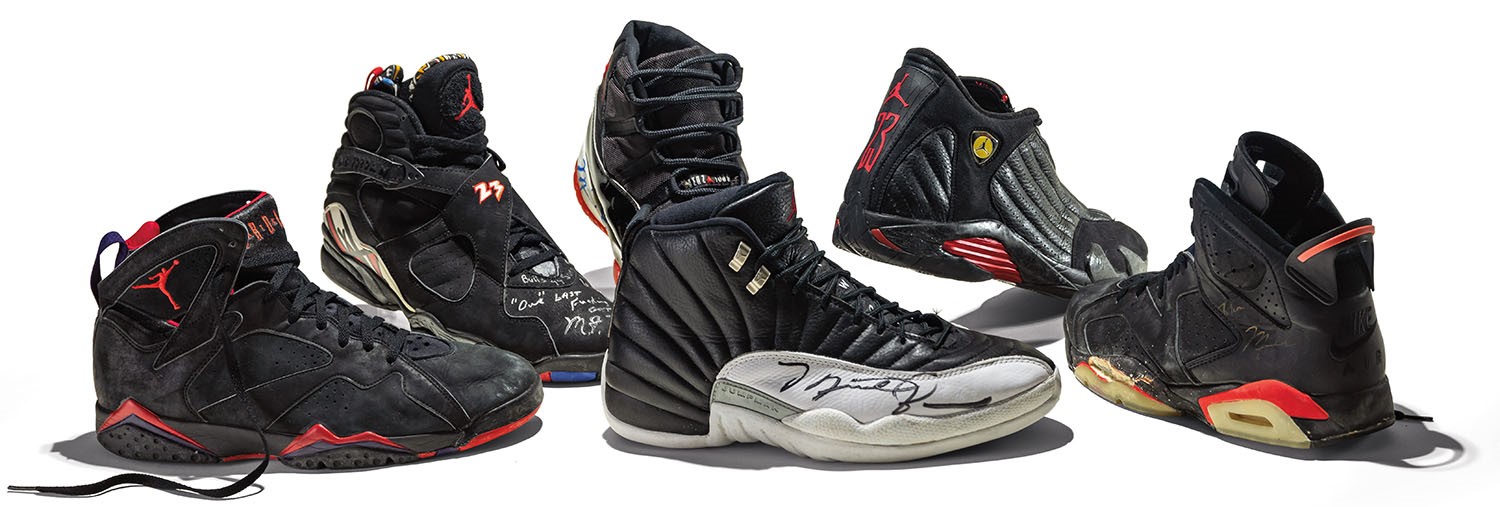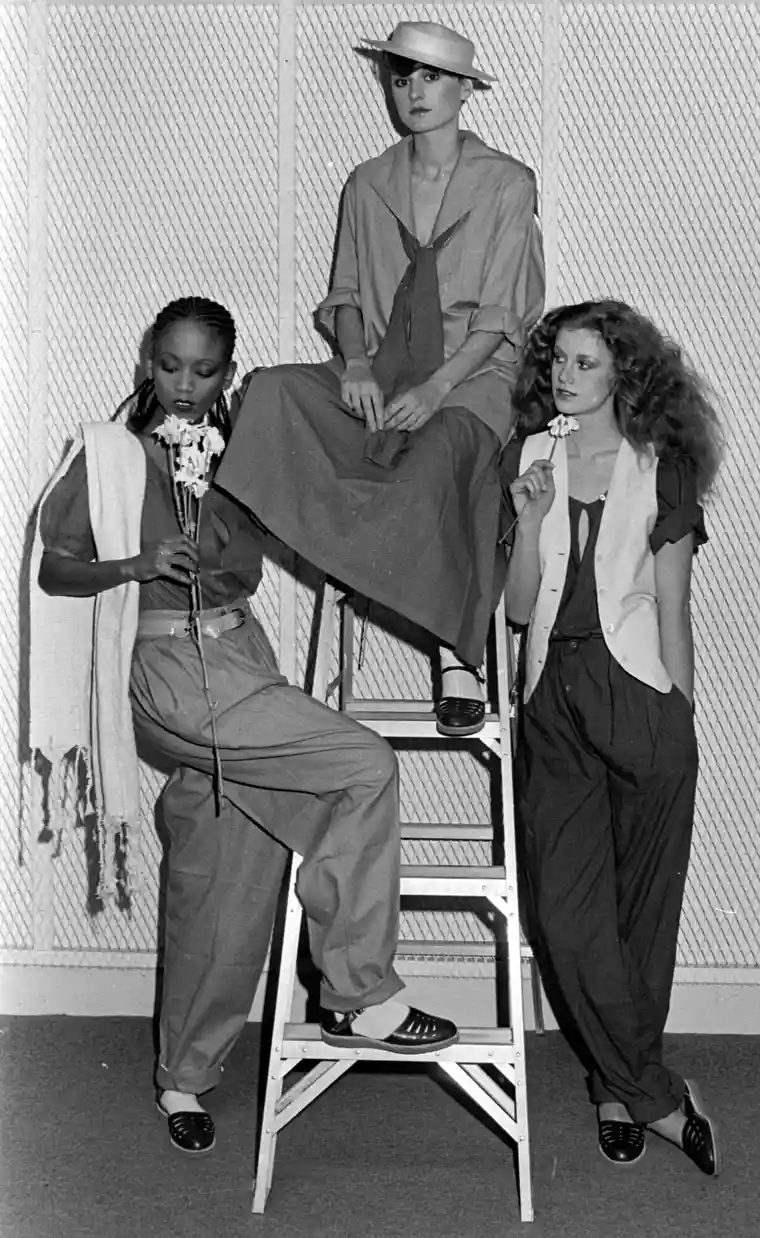The founding father of streetwear, Willi Smith was the most high-profile black fashion designer of the 80s and influenced a generation, yet fashion history has largely forgotten him.
Born in Philadelphia in 1948, he then went to Parsons School of Design on a scholarship in 1965 eventually leading him to an internship with famed couturier Arnold Scaasi. Under Scaasi’s guidance, Smith learned to create high-end tailored garments which he later recalled as “the clothes I didn’t want to make.” He founded Williwear in 1976 and by 1986 Williwear was grossing $25M USD a year.
Smith utilized a simple mantra to explain WilliWear’s creative direction: “I don’t design clothes for the queen, but the people who wave at her as she goes by.”
What really drove him wasn’t ambition but a sense of giving back to his community. What would make him proud was not when a movie star wore his clothes. He would burst with pride when he’d see black kids on the streets running around in his stuff or those black ladies at the bank wearing it to work.
Though New York City inspired him, he wanted people everywhere to appreciate the culture and inspiration of the city. “Being black has a lot to do with my being a good designer. Most of these designers who have to run to Paris for color and fabric combinations should go to church on Sunday in Harlem. It’s all right there.” This philosophy went deep: He loved street culture and made clothes for people to wear on the street. His designs and the collection’s affordable pricing ensured WilliWear an edge unlike any other label of it’s day.
WilliWear AW ‘83, dubbed “Street Couture,” was a prime moment for Smith, as it merged his past inspirations with the explosion of hip-hop. That year, Smith became the youngest-ever winner of the American Fashion Critics’ Award for Women’s Fashion. Smith also broke boundaries when it came to collaborating with artists and creatives.
At the young age of 39 Smith died of pneumonia, complicated by the parasitic disease shigella, which he picked up during a work trip to buy fabric in India. Though at the time of his death, Williwear was making millions and the New York Daily News called him “the most successful black designer in fashion history”, he has now largely been forgotten. What would have happened if he had lived?










